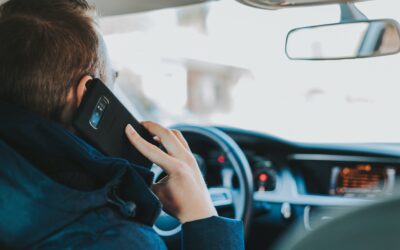Canada Day is quickly approaching, and one way many of us choose to celebrate confederation is by lighting up the night sky with every colour of the rainbow.
Unfortunately, each year fireworks cause hundreds of injuries and millions of dollars in damages. It’s always a good idea to attend a public fireworks display instead, but if fireworks are an important part of your family’s celebration at home, read up on these fireworks safety facts (and practical tips) to protect your home and everyone in it.
- Know your city’s fireworks laws and regulations. Many cities limit the specific days and times in which fireworks may be set off. You may require a permit to light fireworks. Either way, be in the know.
- Designate one person (who is over the age of 18 and has not been drinking alcohol) to light the fireworks. This person should, ideally, have experience lighting fireworks. This is one of the most important fireworks safety facts on the list, so don’t let it slip your mind!
- Light the fireworks in an area that’s far away from buildings and vehicles as well as trees, shrubs, leaves or any other type of combustible material. In addition, be mindful of weather conditions—high winds can increase the risk of fireworks causing damage or injury.
- Ensure that the spectators are far enough away, and don’t forget about pets! Make sure your furry friends are kept away from the fireworks activities – ideally indoors.
- Wear safety glasses and keep a bucket of water nearby to soak spent fireworks. One spark on a dry lawn can cause a lot of damage to your property and yourself.
- Set off one firework at a time and never light a firework while it is in your hand. Always set the firework on the ground first. This is one of the next-most important fireworks safety facts on the list.
- If a firework turns out to be a dud and doesn’t go off after being lit, do not try to relight the firework. Soak it and dispose of it as you would any other spent firework. This eliminates the risk of it going off after you’ve thrown it away or put it into storage.
- Keep sparklers away from children. While many of us have fond memories of running around with sparklers as kids, experts now recommend keeping them away from children due to the risks involved, especially if one runs near larger, unlit fireworks with a sparkler in hand. Better safe than sorry, particularly when it comes to the little ones.
We all have a lot to celebrate on July 1st. Keep your friends and family safe and protect your property by committing these firework safety facts to memory. Happy Canada Day!





